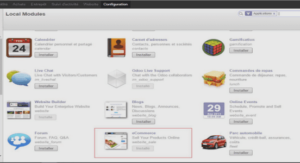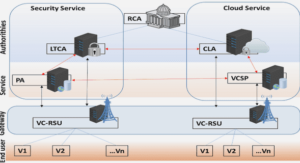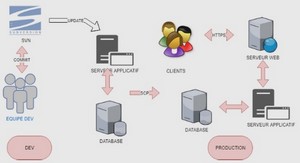Considerations for Determining Hosts per Subne
When determining the number of hosts per subnet, consider:
• All devices on each subnet, including routers
• Network design specifications
• Router and switch performance
• Future growth
The 2n-2 method to determine host bits required for hosts
Considerations for Determining Number of Subnets
When determining the number of subnets, consider:
• WAN locations
– Security zones within each location
• Capacity on each segment
• Future growth
– The 2n method to determine the number of bits required for subnets
Guidelines for Designing IPv4 Addressing
Use classless routing protocols
Use variable-length subnetting to divide
IP ranges
Use supernetting to combine IP ranges
Use public addresses only when a host needs to be connected directly to the Internet
Use classless IP addressing
Use private addresses if you use an indirect connection to the Internet, such as a proxy server or NAT
DHCP Communication Process
• DHCP clients and servers communicate with broadcast messages
– Broadcast messages by default do not cross routers
• By default, a DHCP server is required on each subnet
• Use DHCP relays to allow a centralized DHCP server to service DHCP clients
Securing DHCP Servers
DHCP authorization:
– Prevents unauthorized Windows servers from running the DHCP service
– Does not stop rogue DHCP servers running other operatin systems
– Enterprise Administrators can authorize a DHCP server
……





